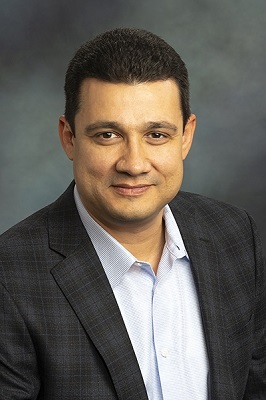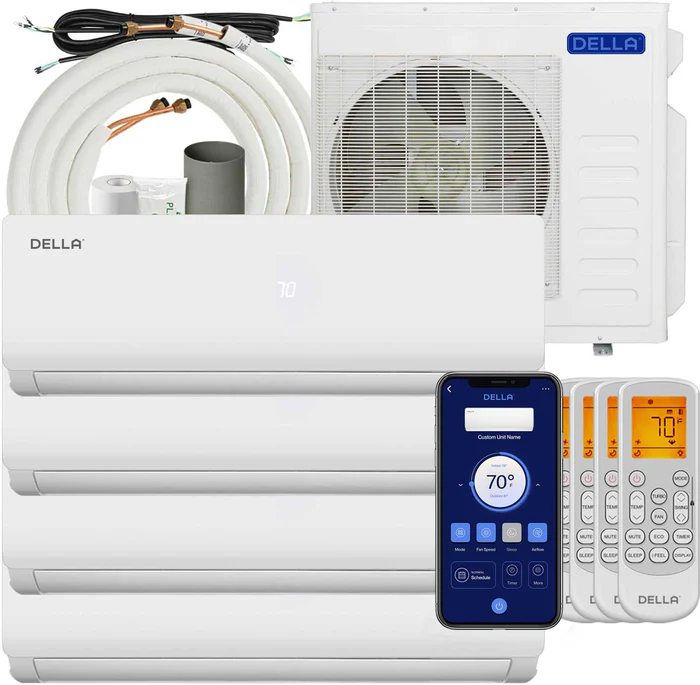Have you heard that every cloud contains a silver living?
Chicago’s tax collectors may have found one with their city’s cloud tax. A 2015 expansion of earlier tax rules for leasing computers in the Windy City imposed a sort of sales tax upon people and businesses who use cloud computing. In turn, this tax increased total costs for cloud service users and imposed extra administrative burdens on providers.
We interviewed Alek Pirkhalo, a leading cloud provider in Chicago to learn more and to find out if Chicago’s cloud tax impacts your business either because you have to collect or pay it.
Who Pays the Cloud Tax?
Chicago imposes the cloud tax upon people who remotely access cloud services from within the city. Since the city imposed this tax upon consumers, the providers could operate from inside or outside of Chicago. Some example of the dozens of services that could need to collect for cloud services include online tax preparation, word processing, cloud storage, and even streaming services and video games.
The growing popularity of cloud and streaming services means that this tax probably impacts most Chicago-Area businesses and consumers. Customers have to pay the tax, and businesses must collect it.
How Much Does the Cloud Tax Cost?
According to a Chicago-Area accounting firm, the city based this tax upon an older lease tax on computers that the city already had on the books. In 2015, Chicago issued a clarification to include cloud computing. The local business community protested, so the city refined the rules again to offer some exemptions and lower rates on certain transactions.
The rate depends upon the source of the data used:
- Customers pay 5.25 percent for services that primarily rely upon their own data. A common example could include access and tools to manage and use data in cloud storage.
- Customers pay nine percent if their service relies mostly upon the provider’s data. For a business, examples might include streaming training videos or access to global marketing data.
The city originally set tax rates as a percentage of lease rates. With cloud services, customers more typically pay subscription fees, so the city would base these rates upon those subscription payments. Free services don’t need to impose these taxes.
Chicago Cloud Tax Exemptions
The city’s cloud tax also offers some exemptions. This includes charities, government offices, schools, and insurance companies. Specific kinds of transactions may also enjoy an exemption. For example, the lease tax rules only apply to subscriptions primarily used inside the city. Thus, a visitor on a business trip could infrequently access cloud services inside of Chicago without paying the tax. It’s levied based upon the billing address. As another example, it doesn’t apply to certain medical applications that are used for treatment.
The cloud tax also has an exemption for new and small businesses. To qualify for the cloud tax’s startup exemption:
- The business needs a valid business license from their jurisdiction.
- The business earned no more than $25 million in the calendar year prior to the exemption.
- The business has been making sales for fewer than 60 months.
Who Collects and Pays Chicago’s Cloud Tax?
In some ways, this tax mirrors other kinds of sales taxes. The city actually charges customers, be they businesses or consumers. At the same time, Chicago charges providers with calculating the rate, charging customers, and then paying the tax. The failure of providers to pay the tax doesn’t technically get customers off the hook. The city has a form on their website that residents can use to calculate and pay any uncollected taxes.
Why Does Your Business Need to Understand Chicago’s Cloud Tax?
If you sell or use cloud services within Chicago, you may need to comply with these tax rules. Failure to collect, pay, or correctly calculate taxes could generate tax-due and penalty bills for your company. If your business uses cloud services within the city, you should also account for this additional expense. If you have more questions about Chicago’s cloud tax, let us know.





